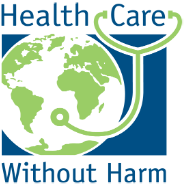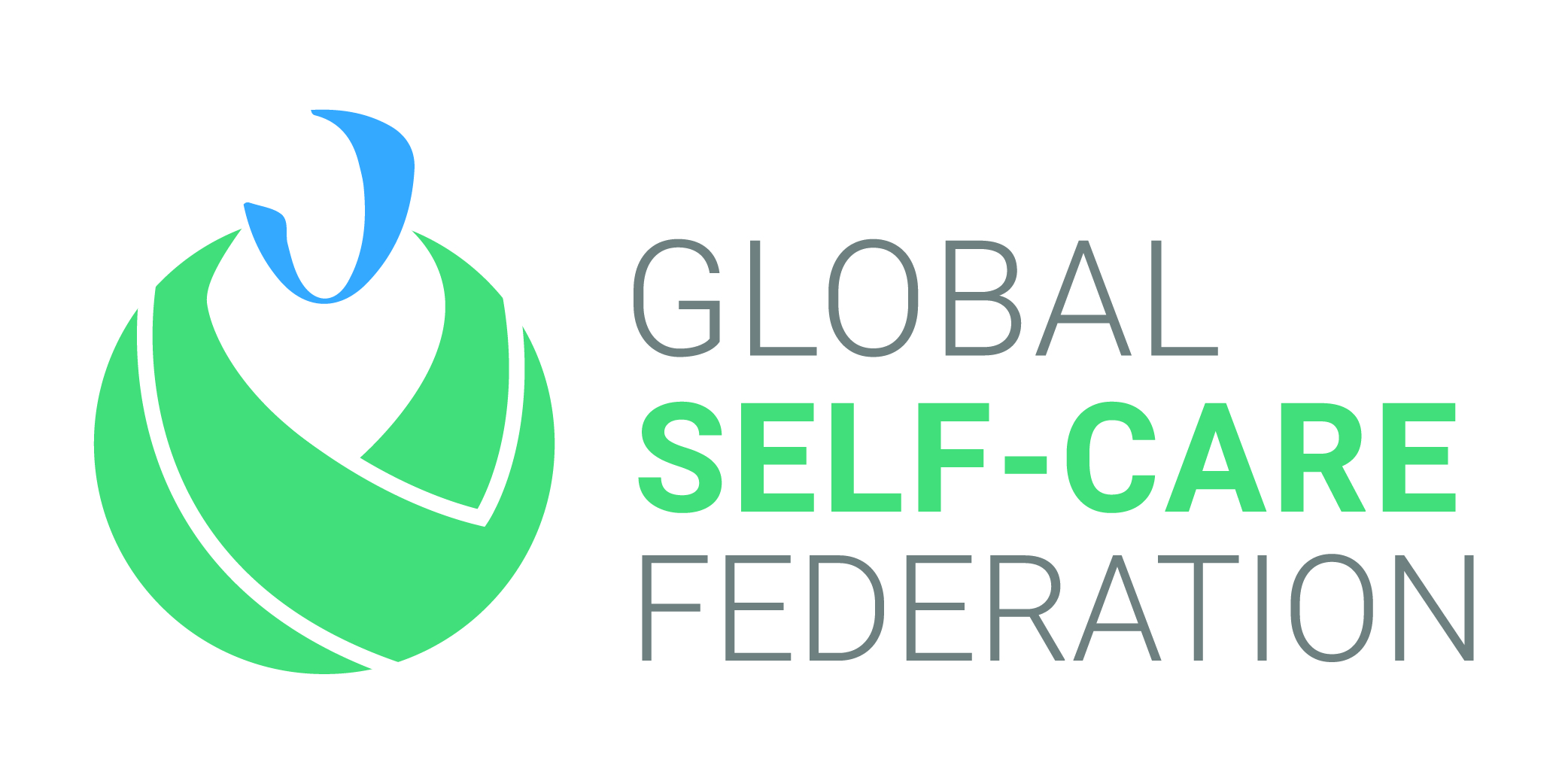Advancing a health-centric global plastics treaty
On 5 August 2025, IFPMA, together with Health Care Without Harm and the Global Self-Care Federation, published a joint statement on the global plastics treaty under negotation at the continued fifth session of the Intergovernmental Negotiating Committee (INC-5.2) in Geneva.
As organisations dedicated to improving and protecting human and planetary health, Health Care Without Harm (HCWH), the Global Self-Care Federation (GSCF), and the International Federation of Pharmaceutical Manufacturers & Associations (IFPMA) call on Member States to prioritize approaches in the global plastics treaty that place human health at the heart of action to end plastic pollution.
Plastic pollution is both an environmental and public health threat. Mismanagement of plastics can harm health across their lifecycle – from resource extraction and production to use and disposal – while also contributing to climate change and jeopardizing environmental systems that sustain well-being.
At the same time, plastics remain integral to modern healthcare, and the overall environmental and health trade-offs between plastic use versus other options are complex and situation-dependent. An evidence-informed approach based on science is therefore essential to protect health, maintain patient safety and access to medicines, and accelerate progress toward more sustainable solutions.
We believe it is both possible and necessary to:
- Embed health considerations across all elements of the treaty, including explicit recognition in its objectives that protecting human health is a central aim.
- Retain a dedicated article on health, reflecting the sector’s critical role and health and safety imperatives, and avoid blanket exemptions that could slow innovation and progress.
- Support the transition to a circular economy for plastics in healthcare, where products and packaging are designed, when possible, for reuse, recycling, and minimal environmental impact.
- Incentivize investment for collection, sorting, and recycling infrastructure for recycle-ready plastic packaging that is essential in maintaining quality, safety, and efficacy standards used in healthcare, while also promoting consumer education and awareness.
- Reduce the use of unnecessary, single-use plastics in healthcare, instead prioritizing reusable, safe, and sustainable alternatives, where the overall environmental impacts and trade-offs indicate beneficial impact, ensuring that any remaining uses are justified, necessary, and regularly reviewed.
- Phase out the most harmful plastic products, particularly those with known risks to patients, workers, and communities.
- Advance transparency across the plastics value chain, enabling health systems, manufacturers, and regulators to make informed decisions that protect health.
- Facilitate close collaboration among health authorities, environmental policymakers, innovators, manufacturers, and health professionals to align regulatory requirements, maintain continuity of care, and encourage innovation in materials and product design.
- Safeguard the ability to deliver safe, high-quality, efficacious, and contaminant-free healthcare products that meet quality and safety standards, through the inclusion of specific exemptions and extended compliance periods that align with regulatory timelines and allow for the phasing out of problematic plastics.
A globally harmonized, health-centred approach will enable the world to safeguard health, protect the environment, and deliver a more sustainable and resilient future for all. The health sector has both the opportunity and the responsibility to lead by example, showing how essential care can be delivered while reducing plastic footprints and supporting circular solutions.
HCWH, GSCF, and IFPMA stand ready to collaborate with governments, civil society, multilateral institutions, and other stakeholders to develop practical pathways to achieve these ambitions together.
Together, we can deliver a treaty that protects health, enables innovation, and leaves a lasting positive legacy for generations to come.
FOR MORE INFORMATION, PLEASE SEE:
- HCWH open letter from health professionals on the plastics treaty
- IFPMA position paper on, the Global Plastics “Instrument”
- GSCF resources on, Challenge To Change: Advancing Sustainable Blister Packaging
a joint statement BY:




